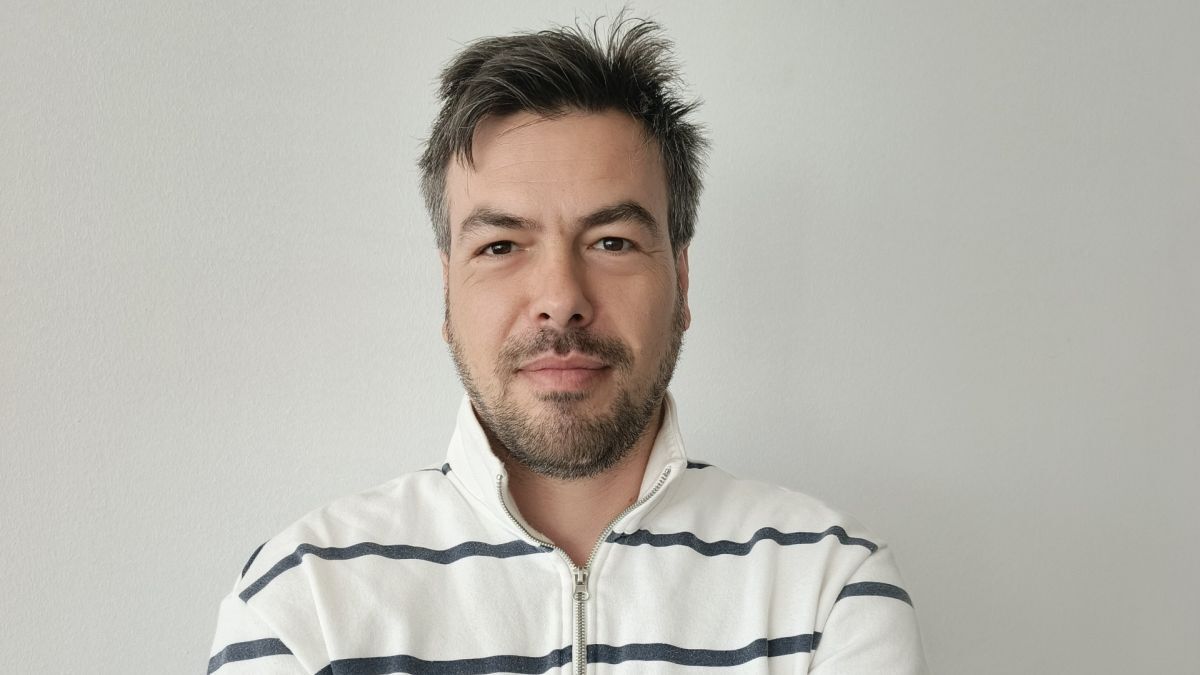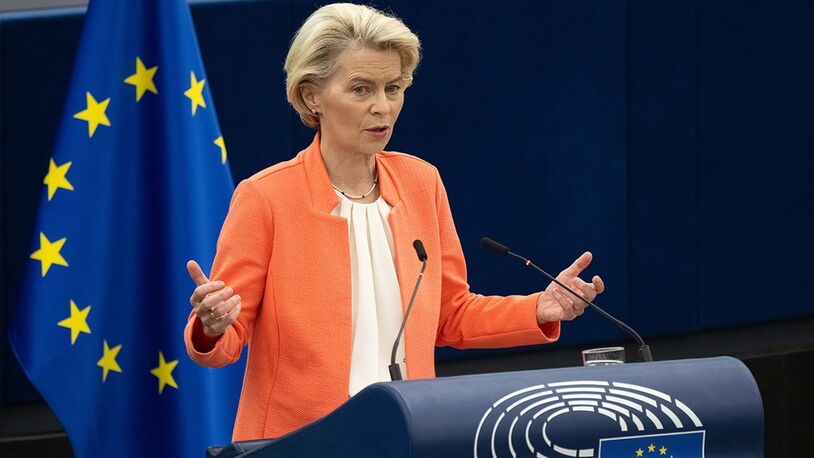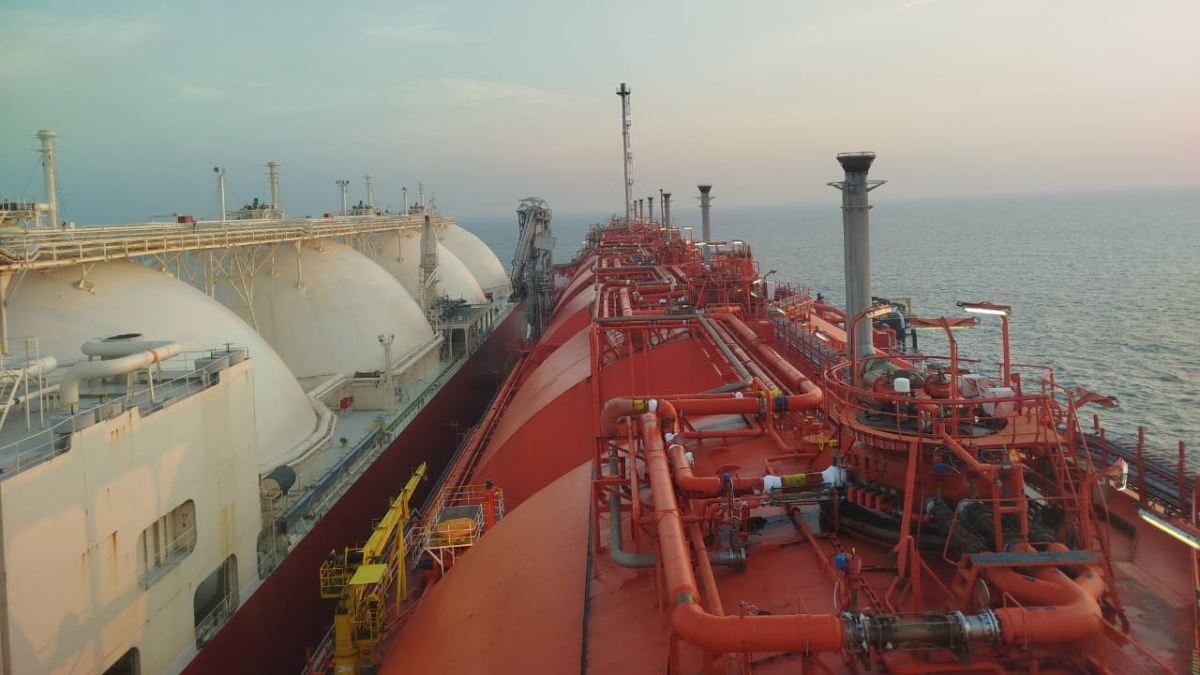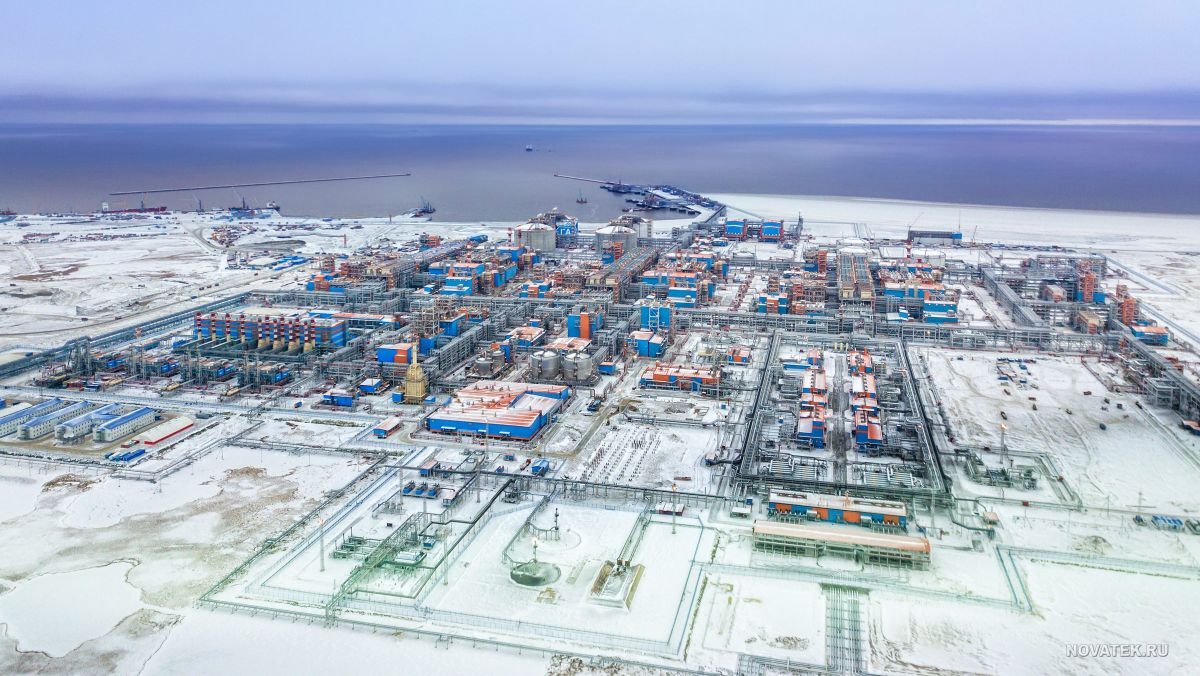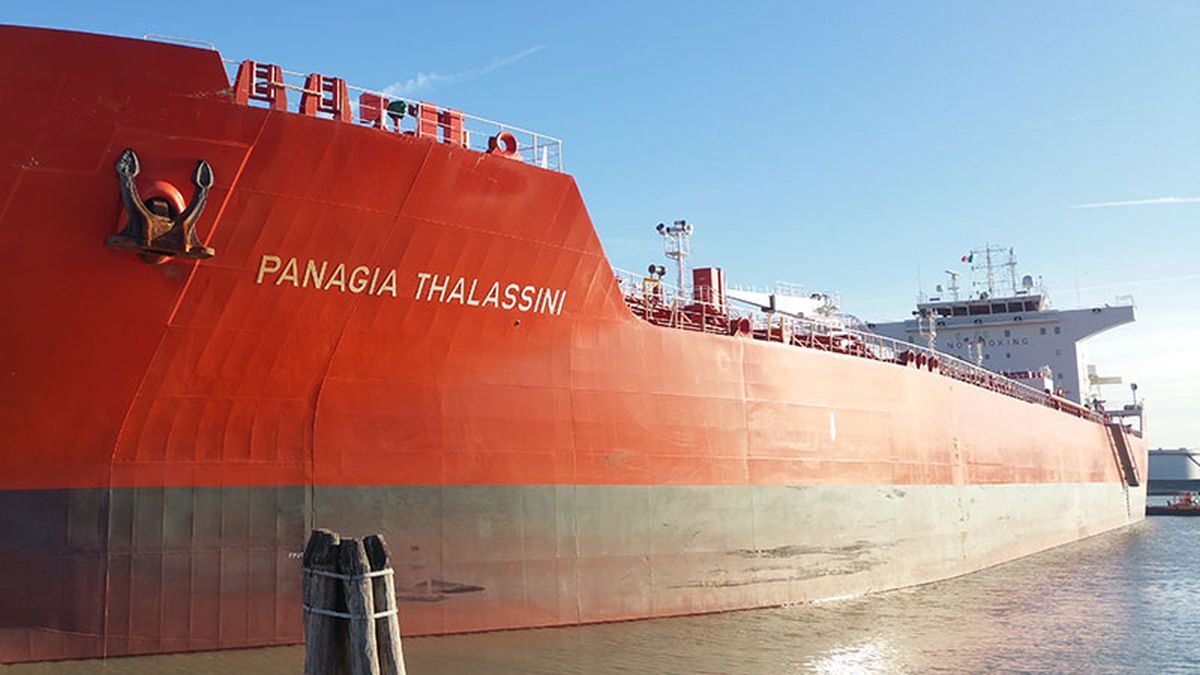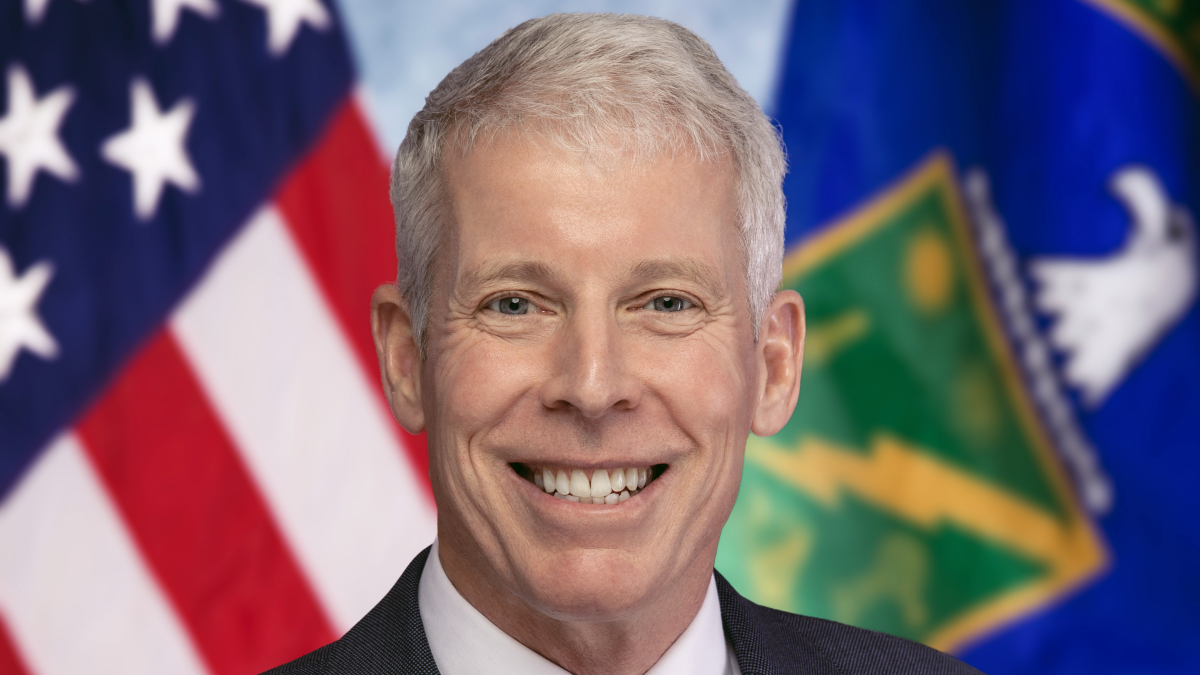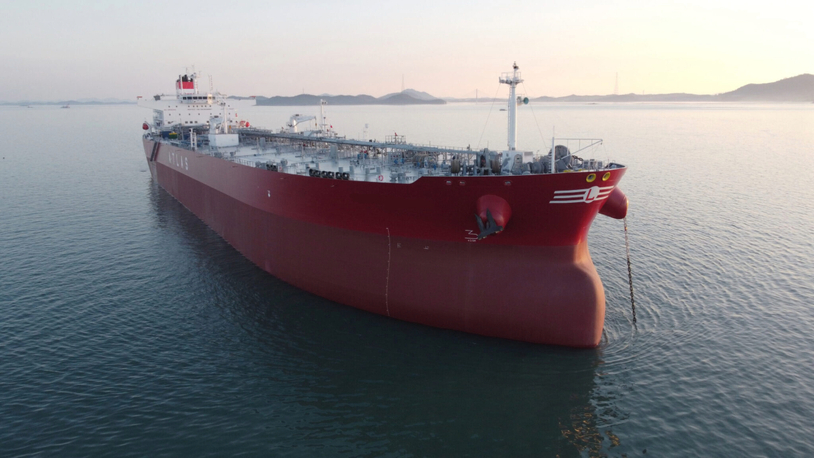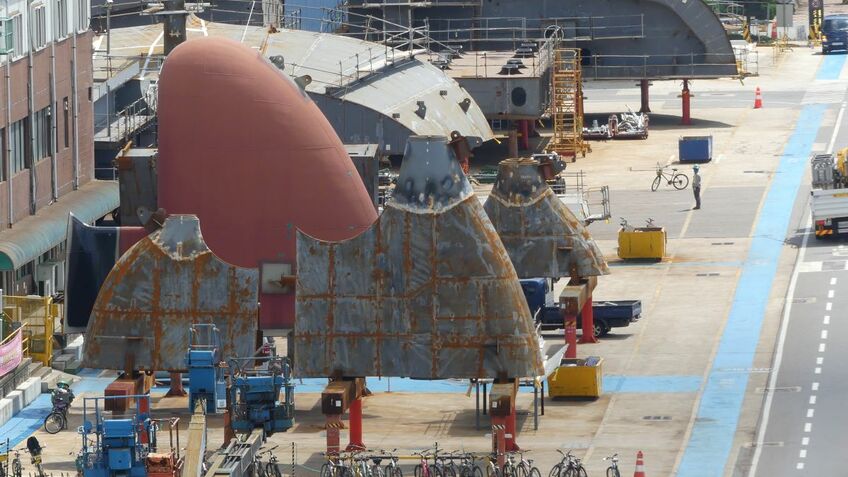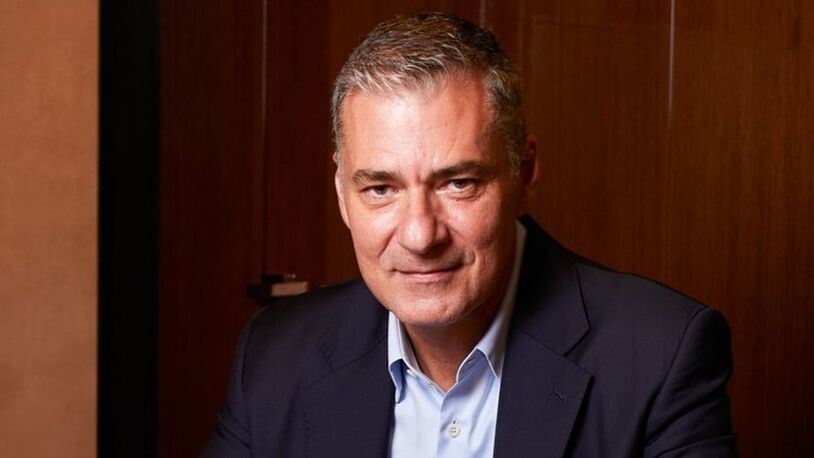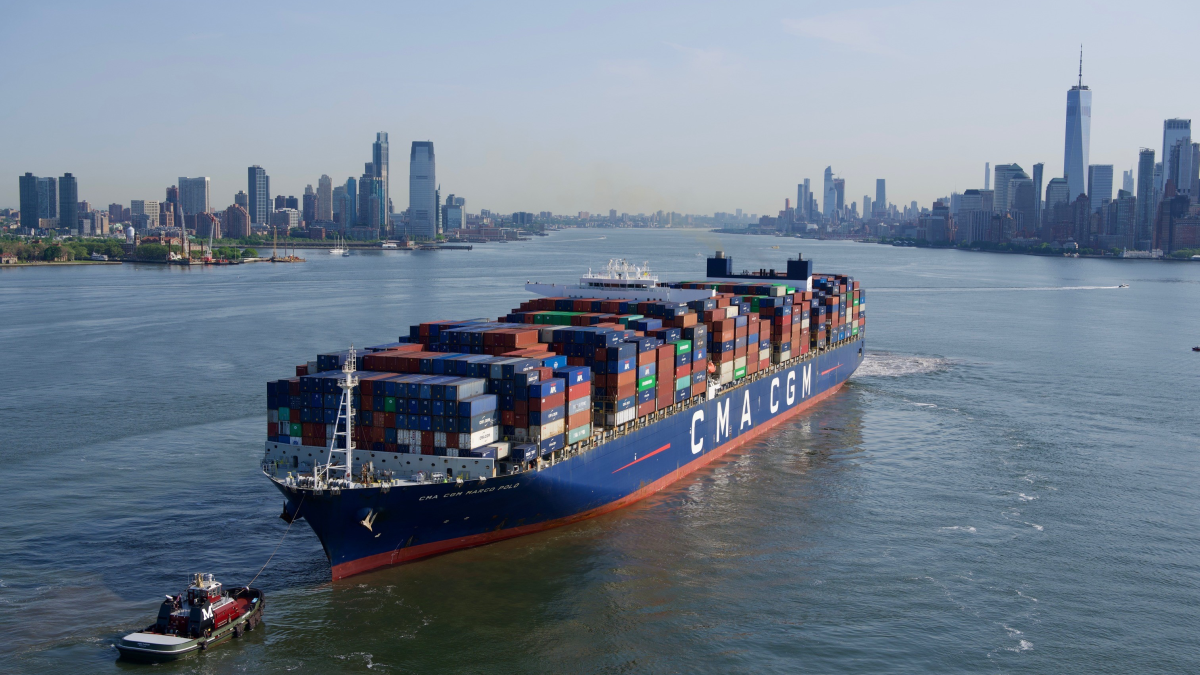Business Sectors
Contents
Register to read more articles.
Can oil tankers deliver the Middle East’s water?
A proposal to use returning oil tankers to transport fresh water could reframe Saudi Arabia’s and MENA’s industrial limitations through a new maritime trade model
A proposal to use the return voyages of oil and gas tankers to deliver fresh water to the Middle East has been put forward by Covertainer Shipping Inc founder, Captain Güner Kara, as a means of addressing the water scarcity he believes continues to hamper MENA and in particular Saudi Arabia’s industrial progress.
In an opinion piece shared with Riviera, Capt Kara contrasts the industrial output of resource-rich Saudi Arabia with that of Turkey. Referring to global rankings, he observes Turkey ranks 14th in global production, while Saudi Arabia – despite its natural and financial endowments – sits at 21st. The central factor behind this discrepancy, he argues, is not capital, energy or expertise, but access to water.
“Saudi Arabia has the money, the education, the energy, and the location. But what it does not have is fresh water,” he writes. “Desalination plants are not a long-term solution. They are energy-intensive, vulnerable to supply-chain risks and carry ecological burdens.”
According to Capt Kara, the future of Saudi industrial growth lies in tapping into unused water resources via maritime logistics. His suggestion is to repurpose the ballast tanks for the backhaul legs of oil, LNG and LPG tankers returning to the Gulf after discharging their cargo.
Instead of refilling ballast tanks with seawater for structural stability, the tankers would carry fresh water drawn from upstream river sources, and he uses the example of the Manavgat River in southern Turkey, although this process could be equally applicable to other sources of freshwater and not just in Turkey.
“Every day, about 6M m3 of naturally clean water flows from the Manavgat into the Mediterranean,” he states. “That water is drinkable at the source, and there is already infrastructure in place to filter, store and load it.”
He compares this with the estimated 10M m3 of fresh water used daily across the Middle East via desalination. “In theory,” he continues, “just two rivers like the Manavgat could meet the region’s water demand.”
Under Capt Kara’s proposal, the financial and logistical model would follow current oil trade conventions. Since the cost of return ballast legs is typically borne by the cargo buyer, it would not require major new contractual arrangements – only a reconfiguration of purpose.
However, the concept raises a series of technical, regulatory and geopolitical questions. Effectively, tankers are carrying salt water to the MENA region and other crude oil loading areas, and the ballast tanks would require upgrading to carry freshwater. Also, if the freshwater is not discharged into the municipal system, under current IMO regulations, ballast water systems are not permitted to discharge untreated fresh water into coastal areas, particularly when it is intended for consumption.
Furthermore, it is unclear whether tanker operators or charterers would be willing to invest in retrofitting vessels or segregating tanks for this use, without long-term offtake agreements or government-level guarantees.
Environmental impact assessments would also be needed to evaluate the sustainability of diverting millions of tonnes of river water from its natural discharge zones into distant arid regions.
Geopolitically, any water export scheme originating in Turkey would inevitably be scrutinised through the lens of regional dynamics. In the past, Turkish proposals to share water with neighbours have been viewed with suspicion by downstream countries. This would be applicable to other potential of freshwater, too.
Nonetheless, Capt Kara believes the idea offers a starting point for reframing both shipping logistics and industrial development strategy in the Middle East.
“If Saudi Arabia had access to abundant fresh water, it could dramatically expand its domestic manufacturing capacity in textiles, agriculture and automotive sectors,” he argues. “Water is the foundation of production. It is the one resource that has been neglected in strategic planning.”
He proposes the creation of a Water Energy Trade Corridor in which tankers play a dual role: exporting hydrocarbons and importing life-critical water. While he concedes the Manavgat Concept is “only one possible beginning”, he views it as a symbolic and practical step towards more integrated regional planning.
Whether this concept will be taken forward by public or private actors remains to be seen. The conversation it prompts – about the untapped logistics potential of return voyages, and the strategic interplay between energy and water – is unlikely to be ignored.
Riviera’s Tanker Shipping & Trade Webinar Week will be held from 30 June 2025. Click here to register for this free-to-attend event.
Related to this Story
Events
Maritime Decarbonisation, Europe: Conference, Awards & Exhibition 2025
Offshore Support Journal Conference, Americas 2025
LNG Shipping & Terminals Conference 2025
© 2024 Riviera Maritime Media Ltd.


